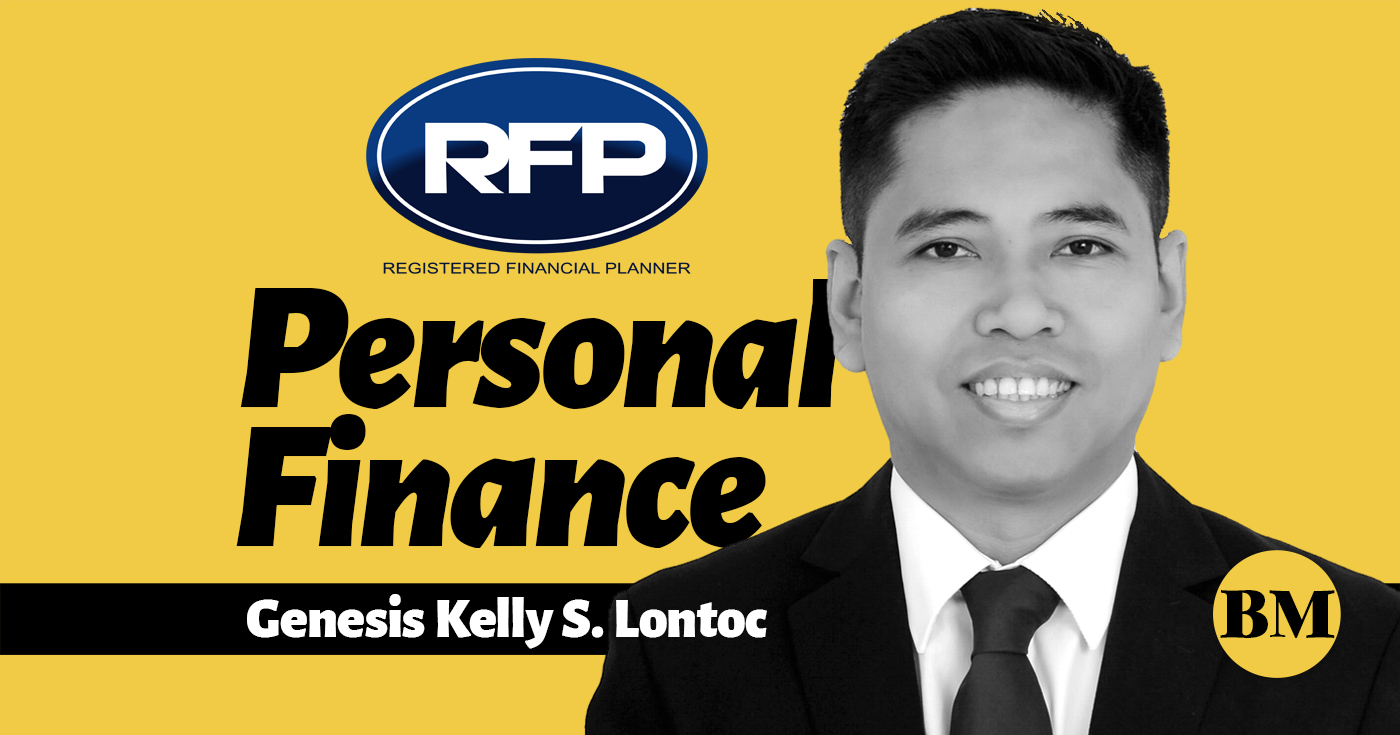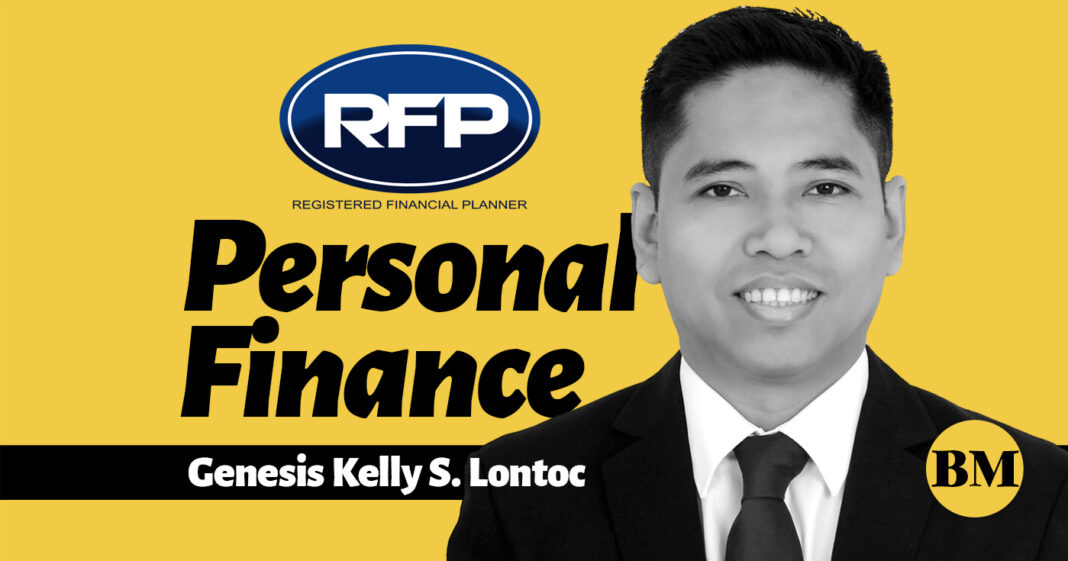
IT is said that if we can avoid having debt, we should avoid having debt. However, when the economy is in bad shape and when available resources are constrained, borrowing takes place in order to make ends meet.
In the Philippines, if the banks will not be able to provide loans, citizens can still borrow. There are various alternatives that can be explored. The sources can be found in the public and private sectors.
The Home Mutual Development Fund or Pag-Ibig offers loans. Pag-Ibig is quite popular for its housing loan. Members can borrow up to P6 million with low interest rates and with a long repayment term.
There are certain eligibility conditions that have to be met in order to avail of the loan. The applicant must be an active member with at least 24 months savings. The applicant must also not be more than 65 years old at the date of loan application and not more than 70 years old at the date of loan maturity.
The applicant must have the legal capacity to acquire and encumber real property. The applicant should have no Pag-Ibig loan foreclosed, cancelled, bought back or voluntarily surrendered. In case the applicant has an existing Pag-Ibig housing account or short-term loan, payments must be updated. The loan can be used for purchases of residential lot, residential house and lot, townhouse or condominium unit. It can also be used for house construction, house improvement, refinancing and combined loan purposes.
Pag-Ibig also offers short-term loans. One example is the multi-purpose loan. It is a cash loan designed to help members with any financial need. A member will be allowed to borrow up to 80 percent of the Pag-Ibig regular savings and processing can be as fast as only two days. Another example is the Calamity Loan. It is a cash loan facility to assist members who reside in areas declared under a state of calamity. The interest is at a level of 5.95 percent per annum. It is payable within 24 months and has a deferred first payment.
Apart from government agencies, various loan alternatives are available in the Philippines among private sector entities. One example would be employee loans extended by companies. The amounts and terms of the loans differ across the economic sectors and companies. Employee loans can provide benefits to employees especially for those who may find difficulty in getting loans from traditional sources. If developed well, employee loans can potentially lead to better employment relations and less stress.
Cooperatives also provide loans. According to the International Co-operative Alliance, cooperatives are described as people-centered enterprises owned, controlled and run by and for their members to realize their common economic, social and cultural needs and aspirations. According to the Cooperative Development Authority, there are around 18,065 operating cooperatives in the Philippines. Cooperatives add great value in extending loans especially in areas and sectors that are not covered by the different banks.
Various other lending and financing institutions are present in the Philippines that cater to the needs of both citizens and businesses. Applications can be fast and easy. In many cases, it would only take days and not weeks for the entire process. Loans can be provided even without any collateral. Many of these institutions also have online presence. However, the price of these benefits could be in the form of higher interest rates and also possibly tight payment duration. Careful thought from the borrower is needed.
When availing of a loan, hopefully the use of the loan makes it good debt and not bad debt as much as possible. This means that the loan should be used for those things that enhance value over time. When availing of a loan, a repayment plan must be determined at the onset since reputation is more valuable than any amount of wealth. Loan options must be studied since informed decisions are the best decisions.
Gemmy Lontoc is a registered financial planner of the RFP Philippines. To learn more about personal financial planning, attend the 90th RFP program this June 2021. To inquire, e-mail [email protected] or text <name><e-mail> <RFP> at 0917-6248110.

